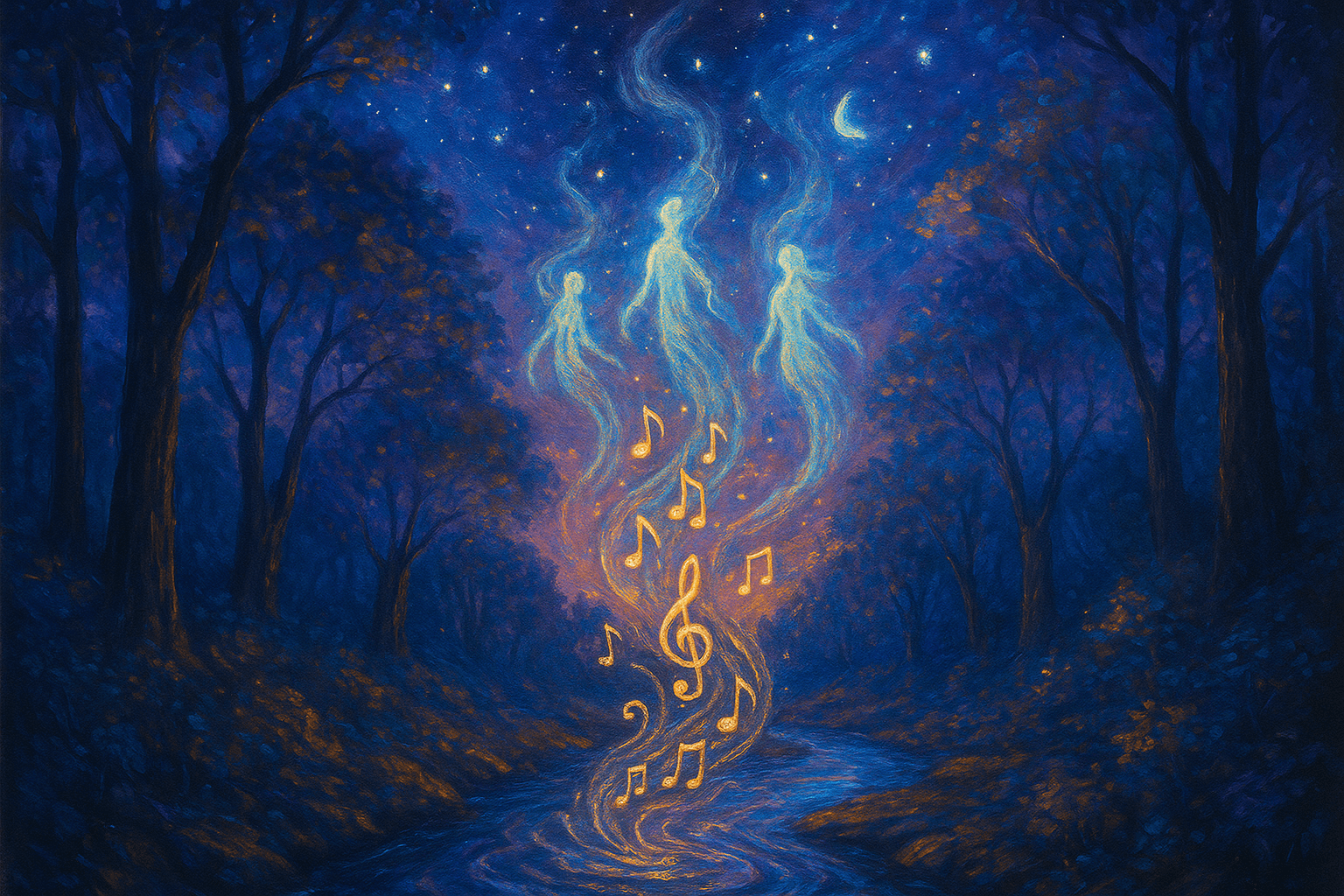Music: Bridging the Spiritual and the Sensual Realms

Music is the mediator between the spiritual and the sensual life. — Ludwig van Beethoven
—What lingers after this line?
One-minute reflection
What's one small action this suggests?
Beethoven’s Profound Insight
To begin, Beethoven’s declaration that ‘music is the mediator between the spiritual and the sensual life’ encapsulates a belief that music uniquely connects realms often perceived as separate. Beethoven, a composer whose own life was marked by both inner torment and creative ecstasy, viewed music as a force that harmonizes our deepest interior experiences with the tangible sensations of the world. His approach underscores music’s dual nature, capable of evoking transcendent truths while also grounding us in the immediacy of sensation.
The Role of Music in Spiritual Experience
Building on this insight, music has long played a crucial role in spiritual traditions. From Gregorian chants resonating through medieval cathedrals to the devotional ragas of Indian classical music, cultures worldwide have used sound to foster a sense of connection with the sacred. These practices illustrate how music acts as a universal language, lifting listeners beyond the mundane and offering glimpses of the divine—a sentiment echoed in Beethoven’s own sacred compositions, such as the 'Missa Solemnis.'
Engaging the Senses Through Melody and Rhythm
While music reaches towards the spiritual, it is also undeniably sensual. The experience of rhythm vibrating in the chest, the pleasure of harmonies, and the thrill of a swelling crescendo all speak to our physical selves. Neuroscientific research affirms that listening to music stimulates the brain’s reward centers, much like food, touch, or affection. Thus, music doesn’t shy away from the body; it embraces the sensual just as deeply as it nods to the sublime.
Historical Perspectives on Music’s Mediating Power
Historically, philosophers like Plato and Schopenhauer also recognized music's unique role as a mediator. In Plato’s 'Republic' (c. 375 BC), music educates the soul, shaping both character and morals. Centuries later, Schopenhauer suggested that music gives us direct insight into the ‘will’ behind existence, bypassing mere intellect. Beethoven’s conviction echoes and synthesizes these earlier perspectives, suggesting that music alone can entwine the rational, spiritual, and sensual aspects of our lives.
Music as a Pathway to Wholeness
Ultimately, recognizing music as a bridge encourages us to seek wholeness rather than division within ourselves. When we listen to or create music, we participate in an interplay between spirit and flesh—an integrative act that can heal, inspire, and connect. Whether during moments of quiet contemplation or raucous celebration, music offers us a pathway to unity, fulfilling Beethoven’s vision of a world in which the spiritual and the sensual coexist in harmonious dialogue.